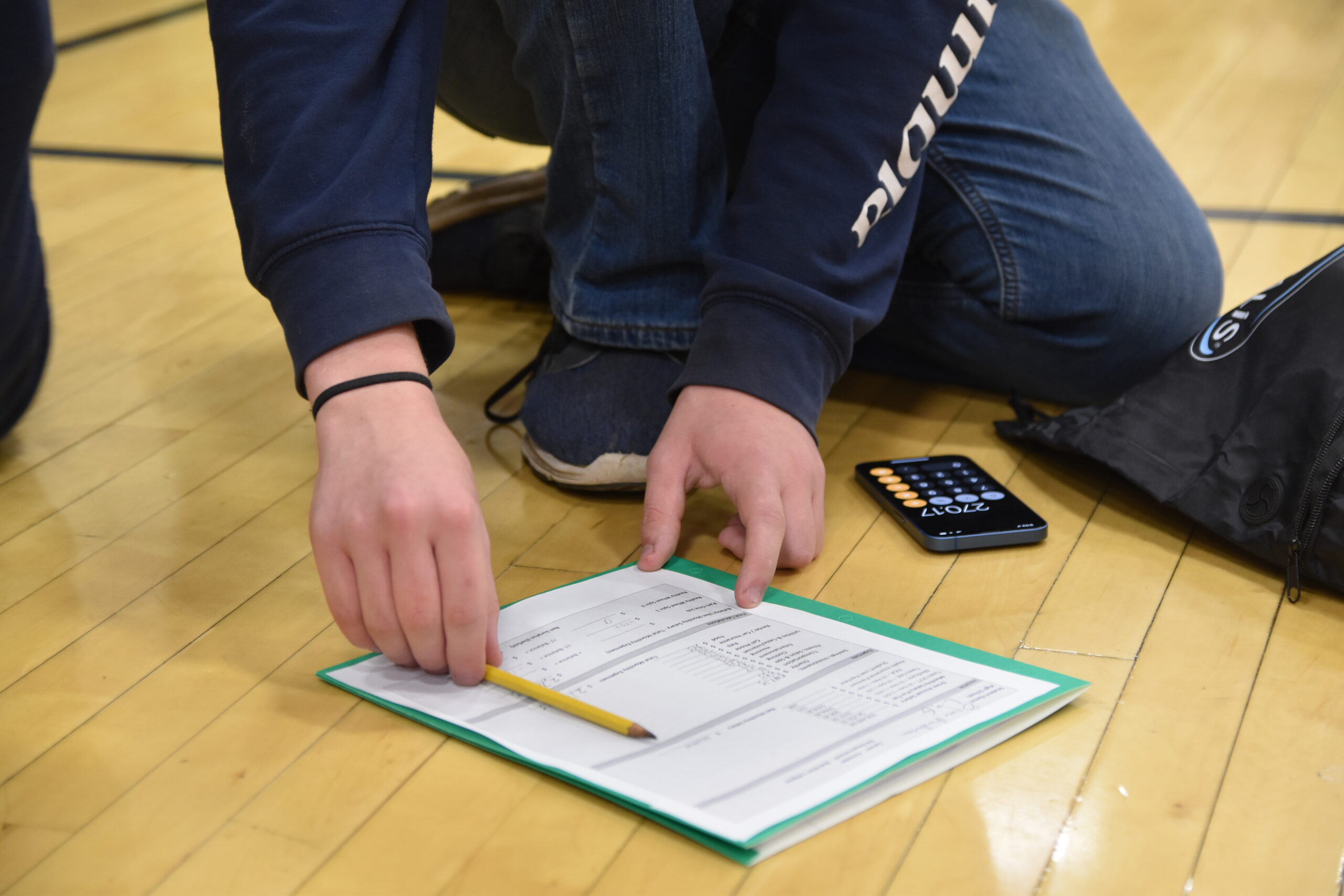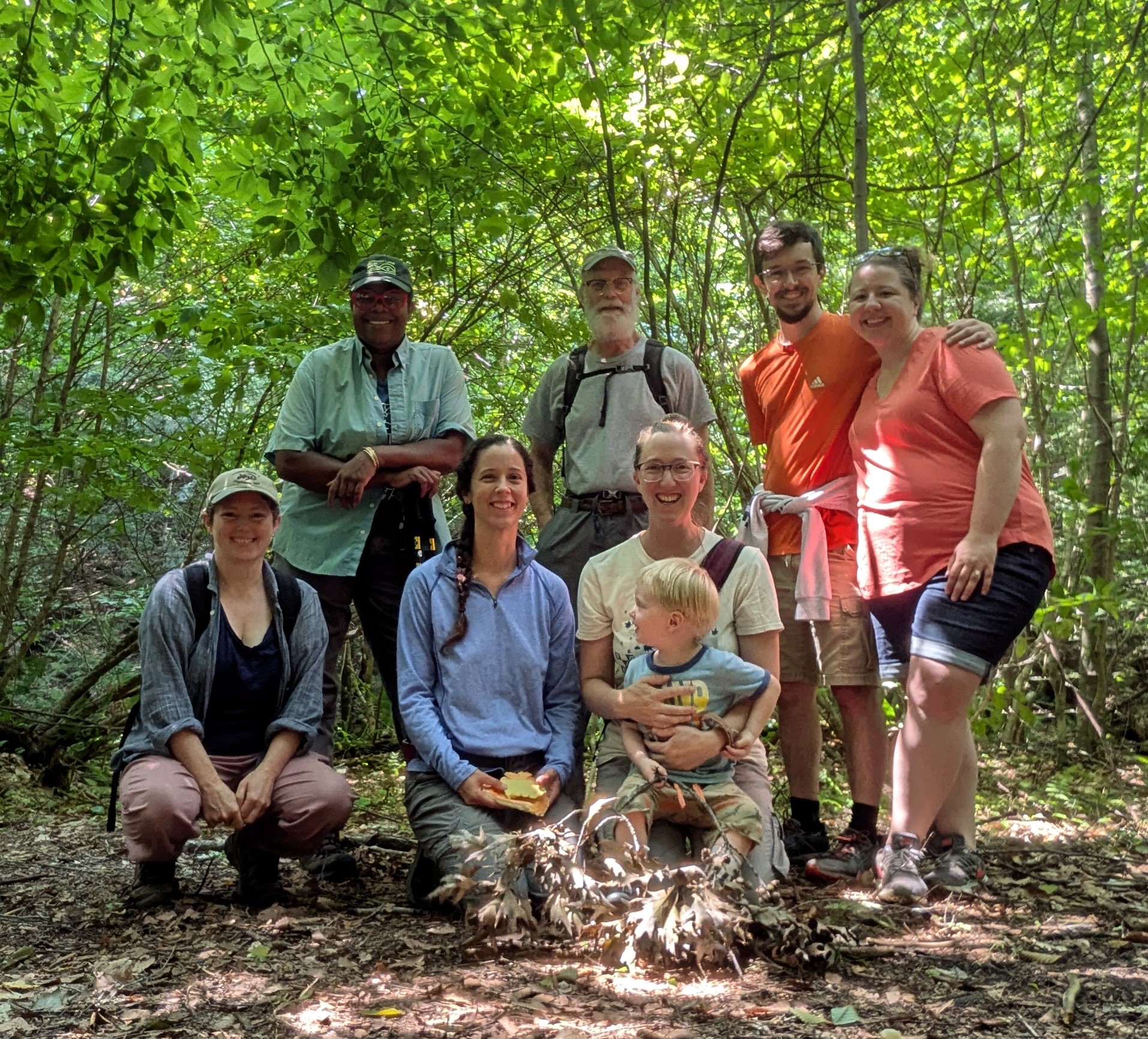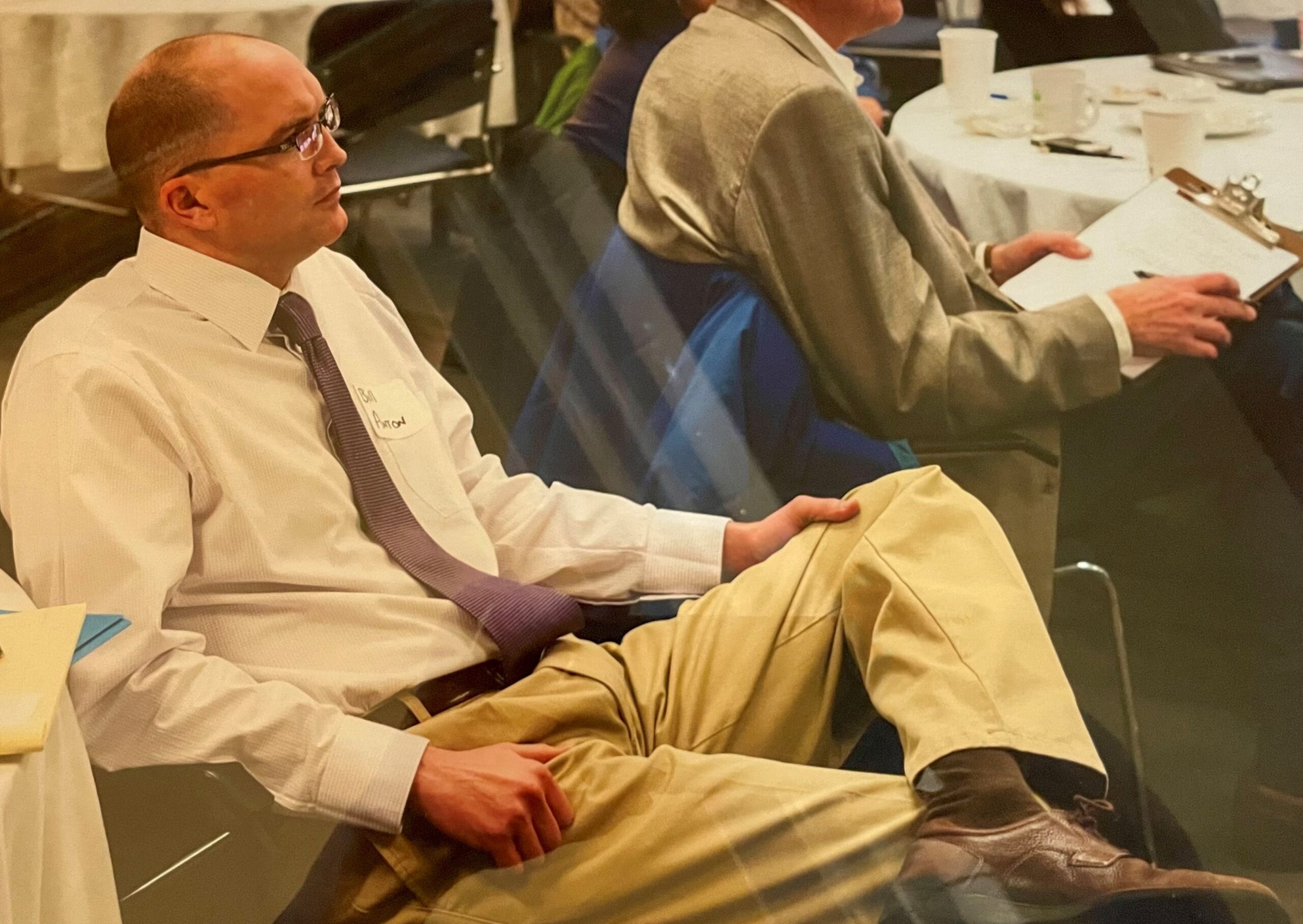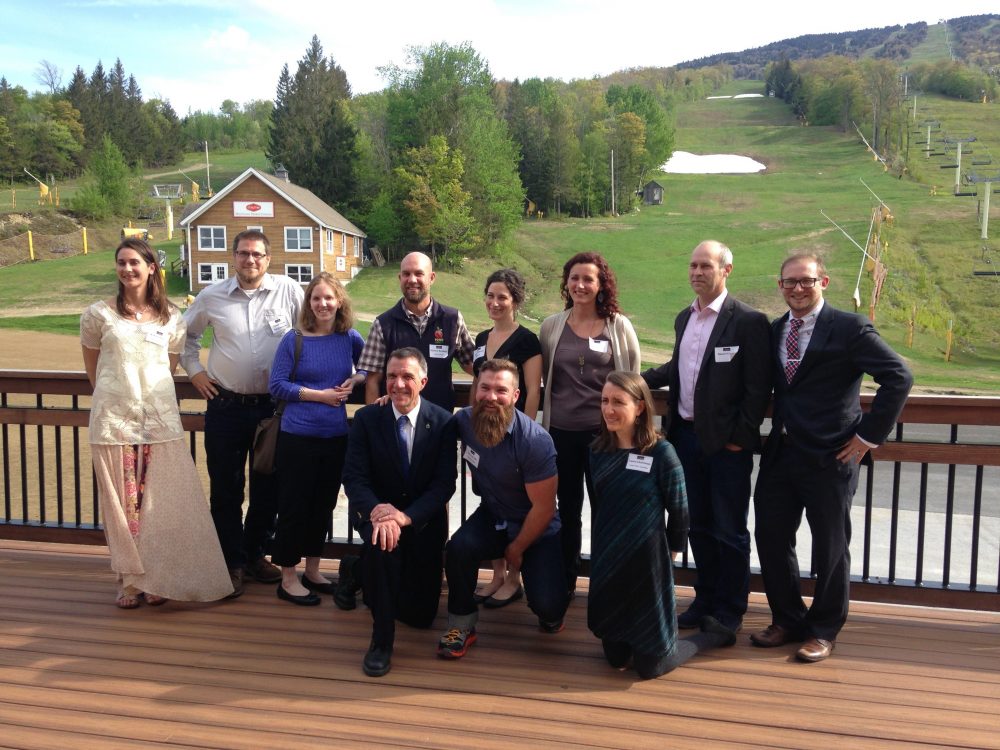
Teaching life skills: Fair paints practical, financial realities for students
By Chris Mays
Reposted From the Brattleboro Reformer
TOWNSHEND — Students from Windham County attended a fair preparing them for many of the adult experiences ahead — the good, the bad and the ugly.
Two gyms at Leland & Gray Union Middle and High School were set up Thursday for the Reality Fair hosted by Brattleboro Development Credit Corporation’s Pipelines and Pathways Program, one for practical skills and the other for budgeting or financial literacy. At least 80 volunteers stationed in the spaces met with about 250 students.
“I think it’s fun, it’s interactive,” said Christy Betit, Pipelines and Pathways Program manager. “It’s really great community building, but it’s also just so informative for these kids. It might plant the seed, which will change the trajectory of their lives. I know that sounds really deep but it could.”
Kate Harris, leasing administrator at BDCC, described the gym where practical skills were being learned suddenly going quiet.
“Everyone was engaged,” she said.
Achillis Barot, a student from Brattleboro Union High School, said the fair offers an interesting experience because students get to look at the prices of different things then learn how to budget for their needs.
Peter Elwell, former town manager in Brattleboro, suggested allocating no more than one-third of one’s income to housing “so you have enough for everything else.” In a neighboring station, Dover Select Board Vice Chairwoman Sarah Shippee guided students through budgeting for utilities, cable and internet.
Adam Grinold, executive director of BDCC, said jobs and wages were determined for students as they hit the different stations for financial literacy then they spun wheels created at the HatchSpace in Brattleboro. He noted it was more likely they would lose the theoretical money and if they didn’t have enough to cover their expenses, they would pick up a part-time job.
“So it’s life,” he said, pointing out how one station taught diaper changing using pudding as excrement.
Grinold went around expressing gratitude to the volunteers. He said they were thanking him, remarking on the importance of financial literacy for local youth.
“It’s been really fun,” Lisa Nichols of the Brattleboro Food Co-op said at a station where grocery math took place. “They’re really into it and focused.”
Samantha Mundt, a teacher at Twin Valley Middle High School in Whitingham, said students learned more about the experiences of being an adult by going to each station to learn about different aspects of budgeting.
“I think it’s really cool,” said Ashley Thayer, a student at BUHS.
Eli Harkness, a student at BUHS, called the fair “very interesting.”
“Everyone is involved,” he said.
Similar events are held throughout the country “but this is really the first time that we’ve done one at this level in our area,” Betit said. Planning began around January and she started reaching out to businesses in the summer to match them up with the various stations.
“Of course, we need to have transportation and housing and all those basic things, but also add in for buying pets and buying vacations, and all that kind of fun stuff, too,” she said.
At the beginning of the school year, Windham County high schools were invited to send juniors and seniors. Betit said the goal of the Pipelines and Pathways Program is to set students up for “post secondary success,” whether that means going directly into the workforce or going to a four-year school or in another direction.
Practical skills learned at the fair included tying a tie and changing a tire. Part of financial literacy is understanding how goals and aspirations line up with salaries.
“I had a student a couple years ago say that she wanted to go into early childhood education, that she wanted that to be her career, and she wanted to live in Manhattan,” Betit said. “And those two things we know, as adults, probably don’t match up unless she has some parents who are independently wealthy.”
Betit said the point is not to “squash” any dreams but to set students up for success and let them know their salary is connected to their lifestyle.
“If somebody had started me off with something like this when I was in high school,” she said, “I think it might have changed things for me. It would have changed my decisions about what I wanted to do.”
Students interacted with different employers in the region. Betit tries to emphasize that there are opportunities available locally.
Having grown up in Whitingham, she remembered how many students believed they had to leave the area in order to be successful. That narrative “still exists to some degree,” she said, “but the reality is there are so many great employers that offer things like tuition reimbursement and high wages and all that kind of stuff.”
According to a news release, the fair was made possible in part by a grant from the state through the Agency of Commerce and Community Development.
The Pipelines and Pathways Program is part of the local economy development strategy to increase the size and quality of the workforce. Funding for the program is provided by the McClure Foundation, Vermont Training Program, Vermont Community Foundation, the Windham County Economic Development Program, The Thomas Thompson Trust, the George W. Mergens Foundation, People’s United Bank, Tom Smith — Omega Optical, Chroma Technology in Bellows Falls and the West River Education District in Townshend.



